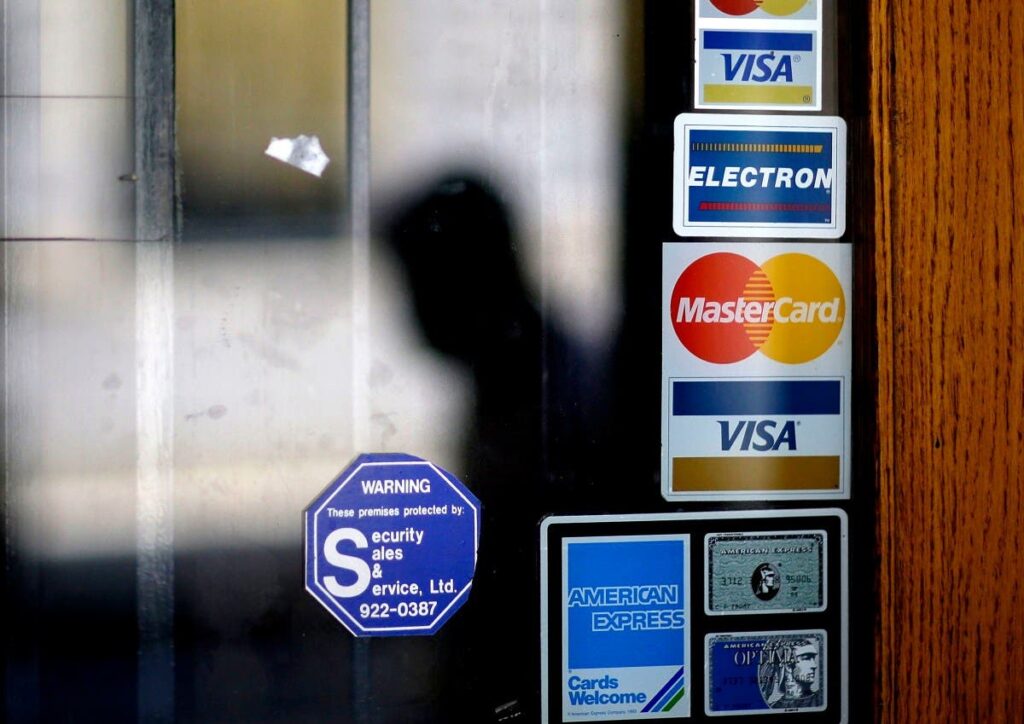The Federal Reserve Bank of New York released its quarterly report this week, finding the total household debt in the United States increased by $197 billion, up to $18.59 trillion from the previous quarter.
A WalletHub analysis of TransUnion and Fed data found that average household debt increased by $275 to $975 from the second to the third quarter, depending on the state.
Why It Matters
Household debt is the total amount of money that members of a household owe to lenders, which may include mortgages, credit cards, auto and student loans, and other credit lines. The number shows how much people are relying on credit versus their cash income.
Voters cited affordability and the economy as top concerns in the November 4 off-year elections. Democrats notched key wins in several high-profile races, with many voters citing the difficult economic landscape today. The economy has been a key pillar of President Donald Trump’s administration, particularly in the form of tariffs.
What To Know
The New York Fed’s Center for Microeconomic Data found that mortgage balances grew by $137 billion, totaling $13.07 trillion at the end of September. Credit card balances grew at a slower rate, $24 billion, to a total of $1.23 trillion, while student loan balances rose by $15 billion, with a total of $1.65 trillion by the end of the quarter.
The report also noted that student loan delinquency rates are at 9.4 percent, compared to 7.8 percent in quarter one. It found that average delinquency rates remained elevated, reporting that 4.5 percent of outstanding debt in some stage of delinquency.
According to a WalletHub analysis of TransUnion and Federal Reserve data, Hawaii saw the largest average household debt increase, rising by $975 from the second to the third quarter.
California was a close second, experiencing a $880 average household debt increase, bringing the entire state’s total household debt to roughly $3.17 trillion. Colorado, Utah, and Washington shared similar average household debt increases, $832, $831, $824, respectively.
Looking into the fourth quarter, the government shutdown has delayed Supplemental Nutrition Assistance Program (SNAP) benefits payments to 42 million Americans, which may trigger many to turn to credit cards instead to cover their food necessities, creating an uptick of debt in the process, experts say.
What People Are Saying
Donghoon Lee, economic research adviser at the New York Fed said in a November press release: “Household debt balances are growing at a moderate pace, with delinquency rates stabilizing. The relatively low mortgage delinquency rates reflect the housing market’s resilience, driven by ample home equity and tight underwriting standards.”
Kevin Thompson, CEO of 9i Capital Group and host of the 9innings podcast, told Newsweek for a story earlier in November: “When EBT cards aren’t reloaded on time, people often turn to what little credit they have left, whether that’s maxing out a credit card, taking a quick cash loan with astronomical rate, or simply going without essentials altogether.”
Ofek Lavian, CEO of San Francisco-based Forage, which helps grocers serve the 42 million Americans who rely on EBT to feed their families, told Newsweek for a different November story: “Delays in food assistance will push low-income families toward credit card debt and other predatory options, as they face the impossible choice between feeding their families in November or suffering long-term financial consequences.”
The Kobeissi Letter, a weekly commentary on global finances and markets, wrote in a November 6 X post: “US household debt surged +$197 BILLION in Q3 2025, to a record $18.59 trillion…Americans are piling on debt at a rapid pace.”
What Happens Next?
The next quarterly household debt report is likely to reflect the government shutdown’s hit to consumer spending and borrowing. The over month long closure has left hundreds of thousands of employees missing paychecks and disrupting millions of benefits.
Read the full article here

